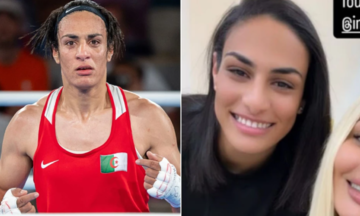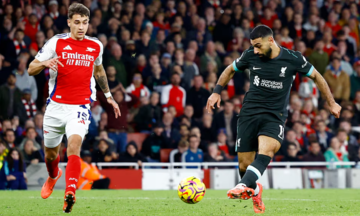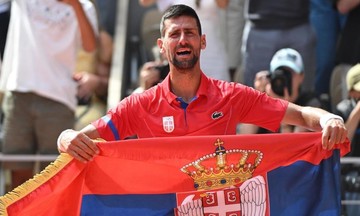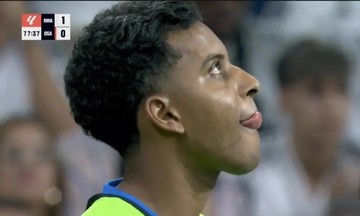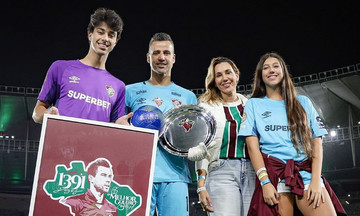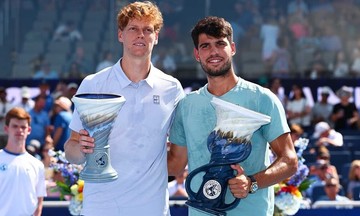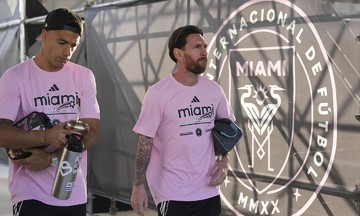"We already lost to the Philippines. Don't be surprised if Cambodia, Laos, and even Brunei beat Malaysia in the future," Ong told the New Straits Times (NST) on 31/7. "Malaysian youth teams are falling behind while Southeast Asian rivals are rapidly improving."
The Malaysian coach made these remarks after witnessing his team's elimination from the group stage of the 2025 AFF U-23 Championship. The team finished third in Group A after losing 0-2 to the Philippines, winning 7-1 against Brunei, and drawing 0-0 with Indonesia.
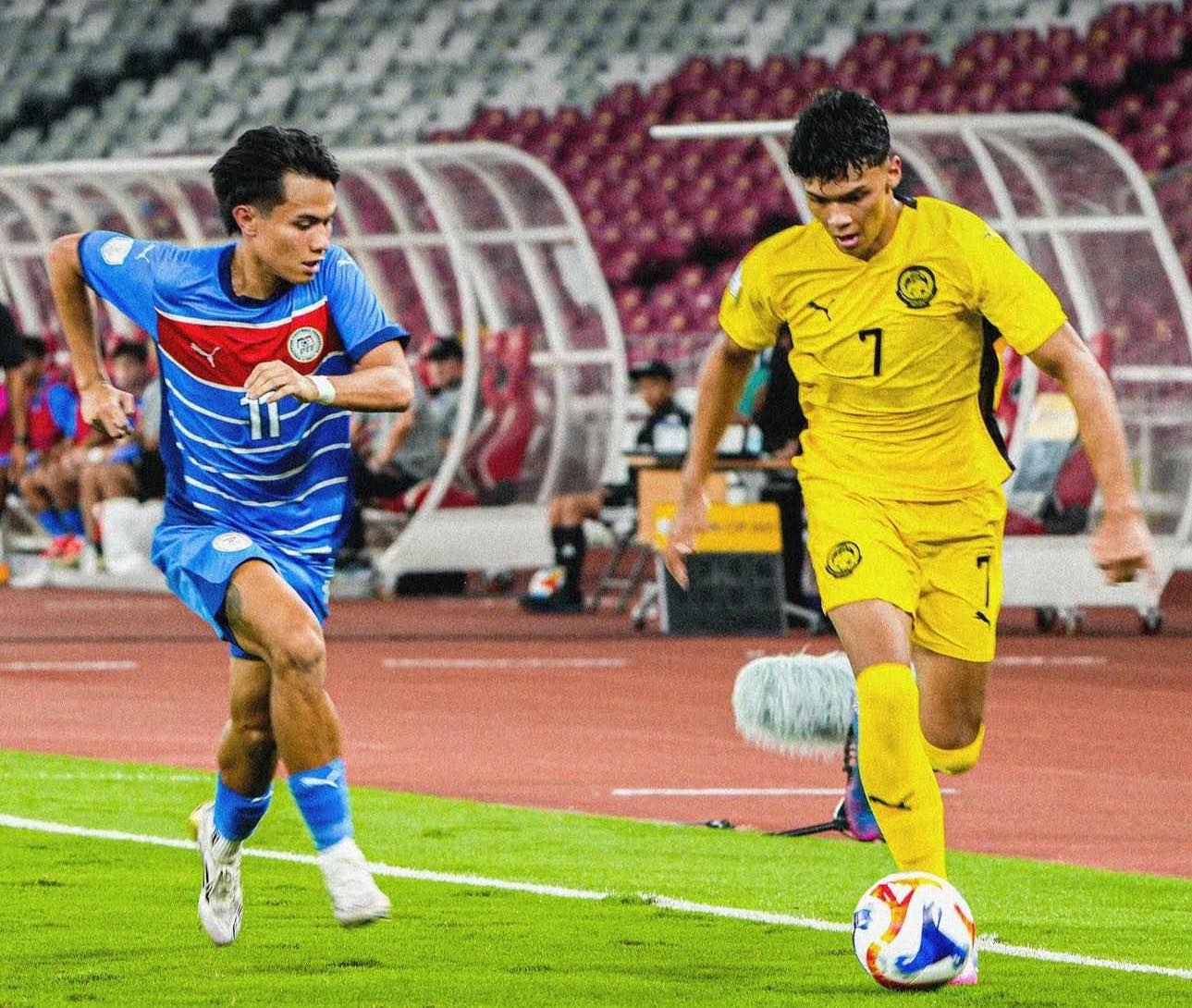 |
Malaysia U-23 (in yellow) lost 0-2 to the Philippines in their opening Group A match of the 2025 AFF U-23 Championship at Gelora Bung Karno Stadium, Indonesia, on 15/7/2025. Photo: MalaysiaNT |
Malaysia has never reached the final of the AFF U-23 Championship in five editions. The team reached the semi-finals twice, in 2005 and 2023, but finished fourth overall. In another U-23 tournament, the SEA Games, Malaysia has only reached the semi-finals three times out of six since 2013, finishing as runners-up in 2017 and losing two bronze medal matches.
The decline of Malaysian youth football has been repeatedly mentioned by local experts. According to Ong, the national youth training system, which once produced talents that helped Malaysia win SEA Games gold medals and the AFF Cup (now ASEAN Cup) championship, needs to be revived to stop the decline.
In 2007, the Football Association of Malaysia (FAM) launched the Harimau Muda (Young Tigers) program, prioritizing youth development, and achieved success with gold medals in the 2009 and 2011 SEA Games. Young players from this generation gained continuous competitive experience and became key players in the national team when Malaysia won the 2010 AFF Cup.
However, the program was discontinued in 2015.
Ong was closely involved with Harimau Muda from its inception to its conclusion. He had two stints coaching the U-23 team, from 2009-2015 and 2017-2019. In the second stint, Malaysia achieved its best result, reaching the quarter-finals of the 2018 AFC U-23 Championship.
"During the Harimau Muda era, young players were more competitive. Now, their only foundation is the national league," Ong said. "Young players barely get any playing time. There's nothing wrong with bringing back Harimau Muda, as it has proven effective in the past."
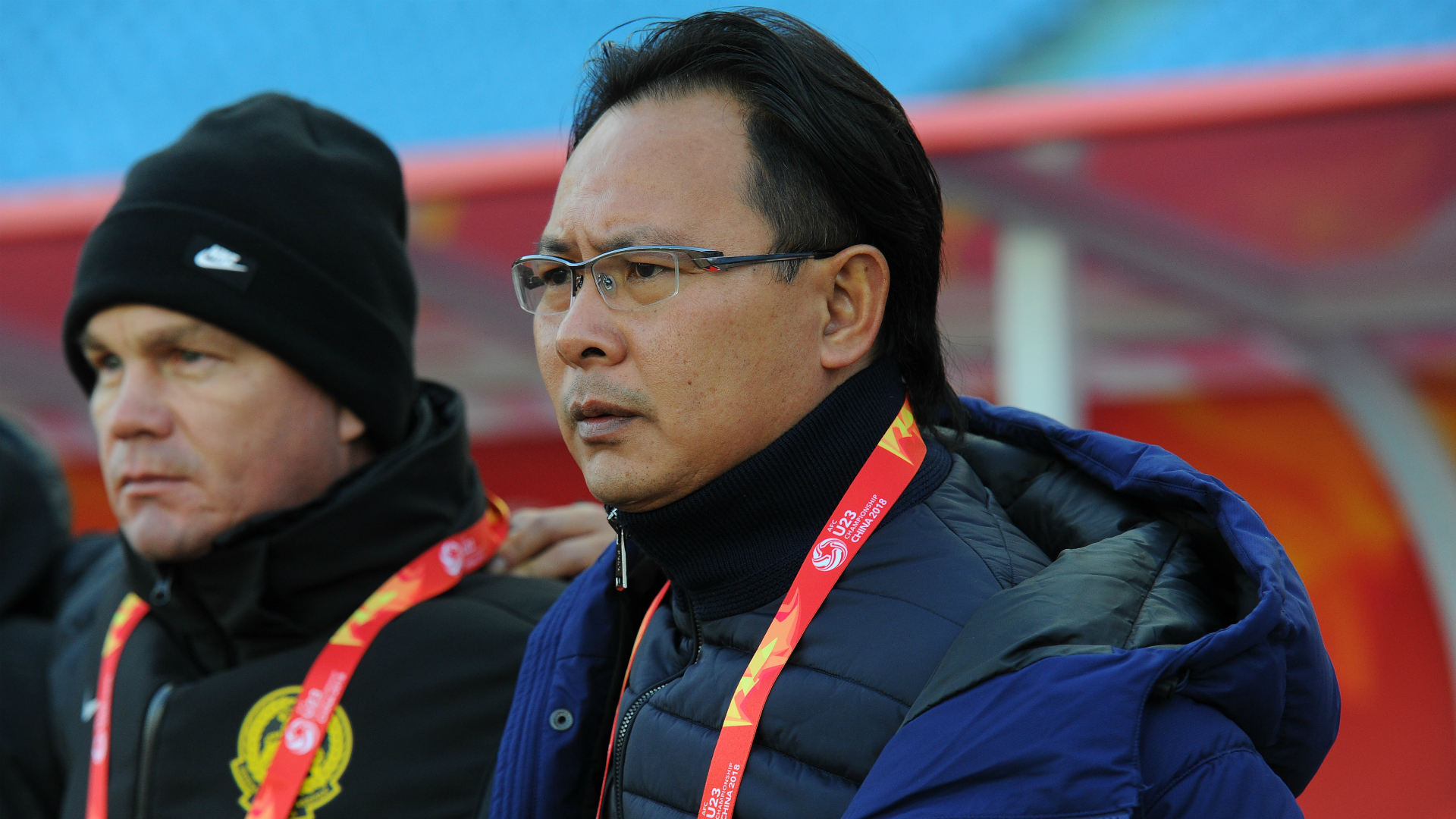 |
Coach Ong Kim Swee leads Malaysia at the 2018 AFC U-23 Championship in China. Photo: Goal |
The coach, born in 1970, expressed concern over Malaysia U-23 losing to the Philippines multiple times in recent years. He affirmed he wasn't blaming any individuals but questioned why other Southeast Asian countries have improved their youth training so rapidly.
"Other countries don't have a program like Harimau Muda, but they have strong training systems at the club level," Ong said. "In Malaysia, Johor Darul Tazim has a suitable development structure, and Selangor is also trying. But what about the other teams?"
The 54-year-old coach emphasized that a centralized youth training system would provide players and coaches with the structure and time needed to build a competitive team. Following FIFA days, the team only has 10 days to train. But with Harimau Muda, the time would be calculated in months to ensure understanding of tactics and teammates.
"We trained together for six months in Slovakia before winning the 2011 SEA Games gold medal," Ong recounted. "At the 2013 World University Games, Malaysia also defeated Italy 2-0 in the group stage."
FAM President Joehari Ayub said any revival of Harimau Muda depends on the federation's budget. The 2015 cancellation was due to rising operating costs, declining results, conflicts with domestic league schedules, and the emergence of the National Football Development Program (NFDP).
Rajagobal, the coach who led Malaysia to the 2010 AFF Cup title, admitted restarting Harimau Muda wouldn't be easy. "Logistics and supervision are not simple. Some young players are still in school," he said. "To succeed, you need a strong mechanism, a suitable plan, and the ability to adapt to the changes in modern football."
Trung Thu



